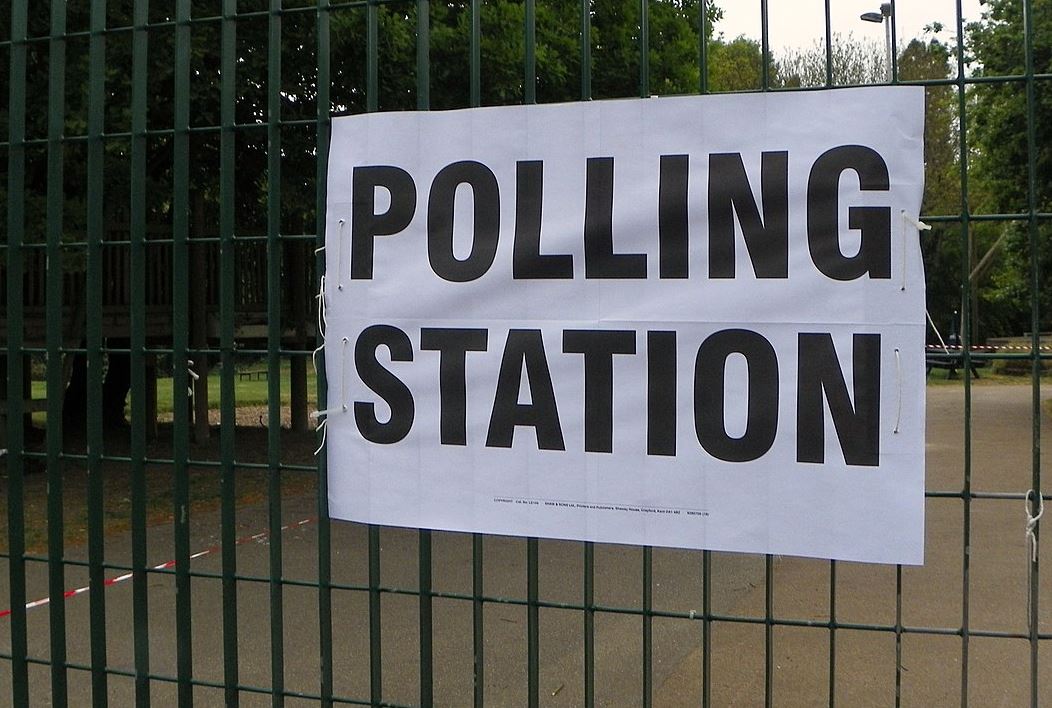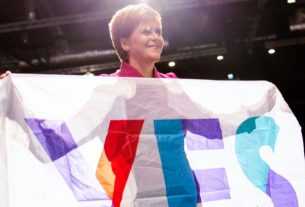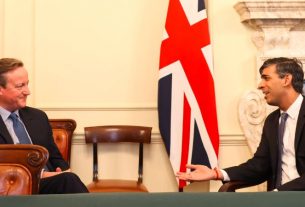Police forces around Britain been told to prepare for abuse that could escalate into violence at polling stations in May’s local elections because of the introduction of voter ID.
For the first time in British history, voters will be required to show photo identification in order to cast their ballot in the local elections on May 4. Fears have been expressed that arguments over the right to vote/voter suppression combined with potential delays caused by the ID checks could lead to conflict between voters and election officials at polling stations.
Returning officers – who are in charge of running elections – are making sure “local authorities and local police forces are geared up for whatever response is necessary, and that a rapid response is available,” according to a senior figure involved in organising UK elections, quoted by the New Statesman.
“It’s a big thing that keeps being flagged,” said the unnamed source, continuing: “The brute reality is that people without the correct paperwork are going to have to be turned away.
“That could lead to difficult conversations and unnecessary abuse, which could escalate in the worst-case scenario.”
Legislation – the Elections Act 2022 – was passed last year making voter ID mandatory. The Conservative government claim it is necessary to combat voter fraud and preserve the integrity of British democracy.
Opponents dismiss the claim with contempt. Some accuse the Tory government of voter suppression and others point out how pointless and unnecessary the new law is.
“Voter ID is an illiberal policy in pursuit of a non-existent problem,” the veteran Conservative MP and former minister David Davis wrote in Open democracy last year.
“The number of allegations and convictions for voter impersonation are so low that requiring photographic ID is a wholly disproportionate response: just 88 allegations of in-person voter fraud were made between 2015 and 2019, during which time a total of 153 million votes were cast, including at three separate general elections.”
The Guardian reports today (Feb 20) of concerns that old people (aged 75-and-over) and those under 25 could be disenfranchised by the voter ID legislation.
Official data has revealed that only 505 voters aged over 75 have applied for the free identification since the scheme launched on January 16. Fewer than 6% of all applications come from people aged 25-or-under.
Both age groups are seen as disproportionately more likely to lack the ID required to vote.
Angela Rayner, deputy leader of the Labour party said the data shows the voter ID scheme will “lock people out of democracy”.
“This shocking data lifts the lid on the damaging impact the policy could have for marginalised voters,” said Rayner.
A spokesperson for the government said: “The vast majority of people already have a form of acceptable identification and we are actively supporting the very small proportion of people who may not. We are also funding the necessary equipment and staffing to support processing.”
Northern Ireland has required voter ID in elections since 1983.




